Russian President Vladimir Putin has championed BRICS to thumb his nose at the West whose sanctions after his full-scale invasion of Ukraine have battered his country's economy, but he arrives at the bloc's summit under pressure from some members to end the war.
In the Russian city of Kazan, more than 20 heads of state will attend the summit of emerging economies starting Tuesday. The BRICS acronym contains the initial letters of original members Brazil, Russia, India and China, plus South Africa, which joined the organization the year after its foundation in 2009.
Member nations' trade ties with Moscow have strengthened over the course of the war Putin started. Russia holds the presidency of BRICS and can use its 16th summit to show it still has powerful allies that do not want to oppose the war. But journalists from BRICS countries asked Putin at a pre-summit event about the prospects for a ceasefire in Ukraine, Reuters reported.
Putin replied Russia would not trade away the four regions of eastern Ukraine that he has declared to have annexed, even if Moscow does not control them all fully. Moscow also wants its long-term security interests in Europe to be considered.

Newsweek has contacted the Kremlin for comment.
Two Russian sources told Reuters that there is increasing talk in Moscow of a possible ceasefire agreement.
However, the agency added nothing has been formalized and that the Kremlin was awaiting the outcome of the presidential election in the U.S., where Republican contender Donald Trump has cast doubt on continued Washington support for Kyiv.
"BRICS has it within its power to bring pressure to bear on Russia to engage in serious negotiations to end the war," Chris Alden, Director of the London School of Economics think tank, LSE IDEAS, told Newsweek.
"Any such pressure is not going to be part of the public diplomacy but rather behind the scenes," he said. "China's role in this regard is going to be key, as the country providing Russia with the most consequential economic and financial support, as well as recently disclosed military support."
Aurélien Colson, professor of political science and academic co-director of the ESSEC Center for Geopolitics & Business told Newsweek BRICS members do not have a unified viewpoint on the war in Ukraine.
"China is obviously benefiting from the ongoing war of aggression waged by Russia—it is trading dual use components in exchange for commodities at a cheap rate," Colson said.
"Besides, Moscow's attention is turned away from its eastern confines, which Beijing will increasingly consider as its own economic backyard," he said.
During a visit to Moscow, United Arab Emirates President Sheikh Mohammed bin Zayed Al Nahyan told Putin on Monday he was ready to support efforts to find peace in Ukraine.
The UAE was among a new batch of members that joined BRICS this year, along with Iran, Ethiopia and Egypt. The UAE is among members of the bloc that have opposed Russia's invasion at the United Nations General Assembly.
"Some of the members who will be present at Kazan voted against Russia, including Brazil, Egypt, United Arab Emirates and representatives of Saudi Arabia," Evgeny Roshchin, Visiting Scholar at the Henry A. Kissinger Center for Global Affairs, Johns Hopkins University told a press briefing of the Center for European Policy Analysis (CEPA) think tank on Monday.
Saudi Arabia is yet to officially join the bloc of emerging economies but participates in the organization's activities as an invited nation.

"For this kind of summit, I think Russia will have an agenda of showing it is not a wrong state. It is a player," Roshchin said.
The BRICS countries account for 45 percent of the world's population and over a third (35 percent) of its economy, based on purchasing power parity.
Just as Putin wants the BRICS summit to showcase the rising clout of the non-Western world, some so-called "friendly" countries to Moscow may want to see the war end.
In March 2024, Brazil and China presented a joint proposal for peace negotiations that aimed to de-escalate the conflict, increase humanitarian assistance, condemned weapons of mass destruction and suggested an international peace conference recognized by both sides.
Cédomir Nestorovic, professor of geopolitics and academic co-director of the ESSEC Center for Geopolitics & Business, said that China is the only country within BRICS that has the power to pressure Russia over the war.
"Theoretically, China can present a plan acceptable by the two parties," he told Newsweek. "It did so, but the parties did not accept it, so I doubt it can play a diplomatic card. It could play an economic card by stopping buying and selling to Russia but it will not do so."
Kremlin Spokesman Dmitry Peskov told the Izvestia newspaper the conflict in Ukraine was not on the agenda for this week's summit in Kazan but participants could "raise this issue at their discretion."
Meanwhile, polling conducted within Russia has suggested that many Russians do not agree with Putin's war aims in Ukraine.
The survey of 800 people conducted by independent polling group Chronicles between September 10 and 17 found that even among those who say they back Putin, a majority (61 percent) support a peace treaty with Ukraine with mutual concessions.
The poll also found that those who backed Vladimir Putin's foreign policy, including the war in Ukraine and his anti-Western rhetoric, numbered only 14 percent of respondents. The vast majority (83 percent) wanted the Russian government to focus on domestic, social and economic problems.

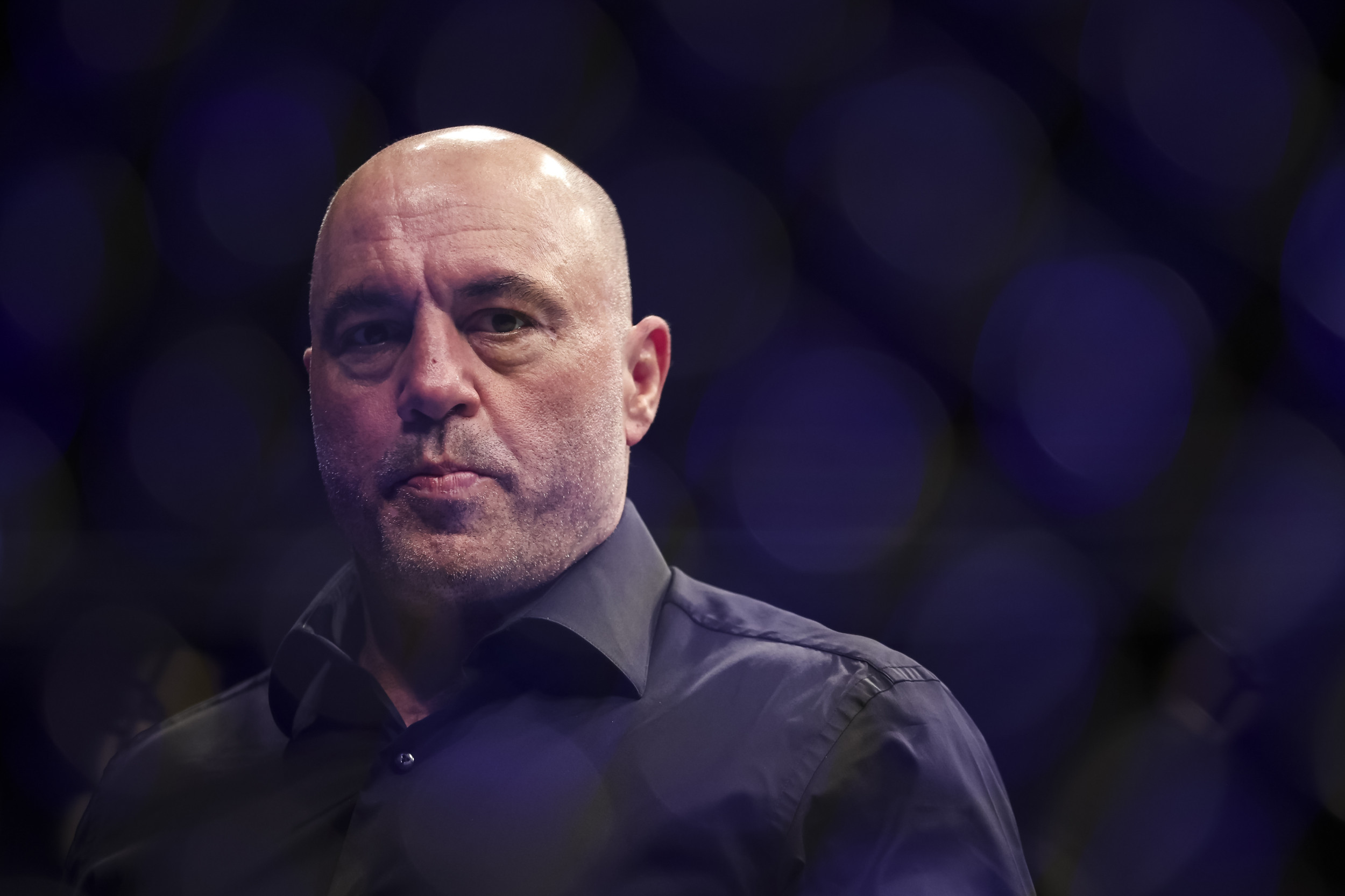



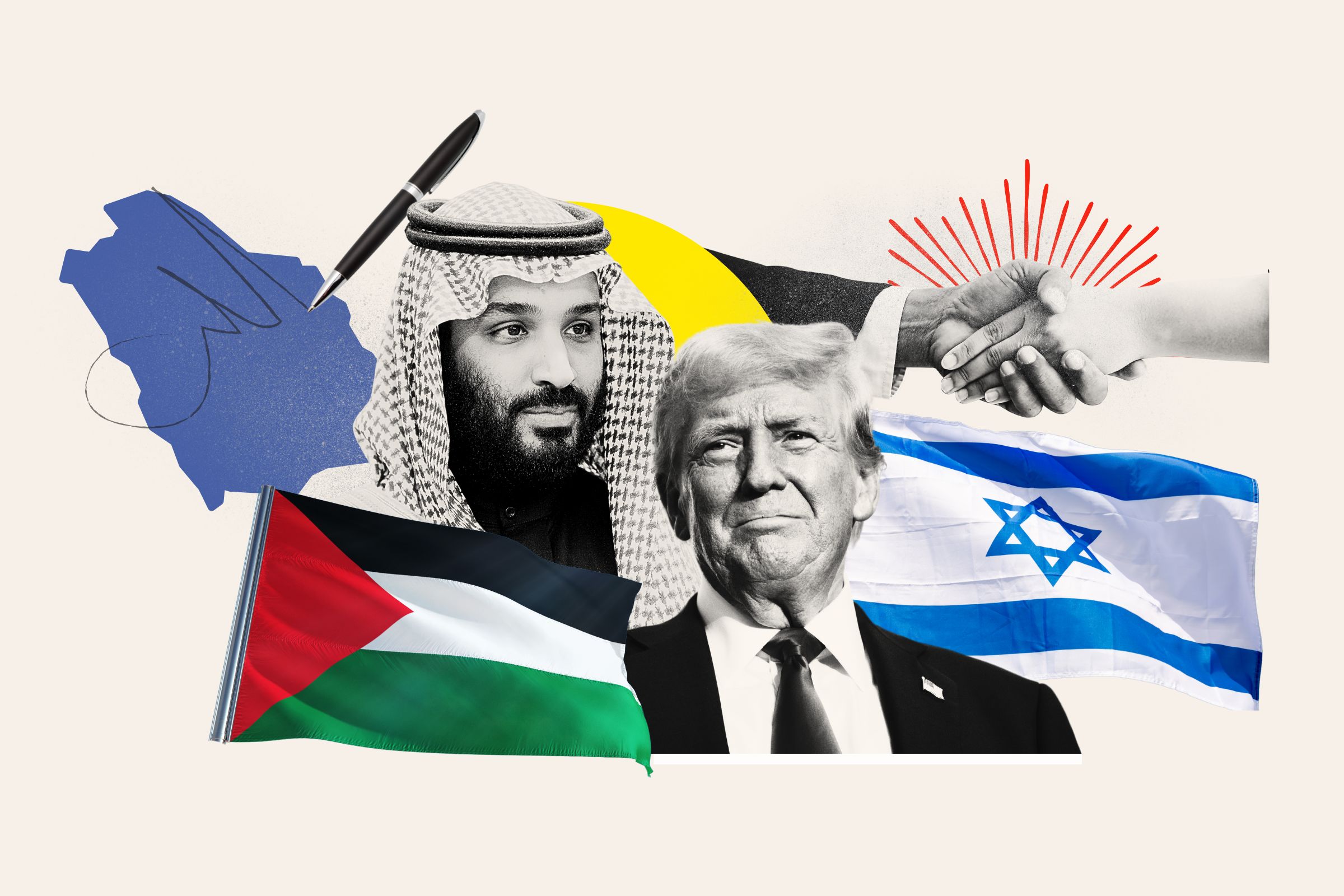

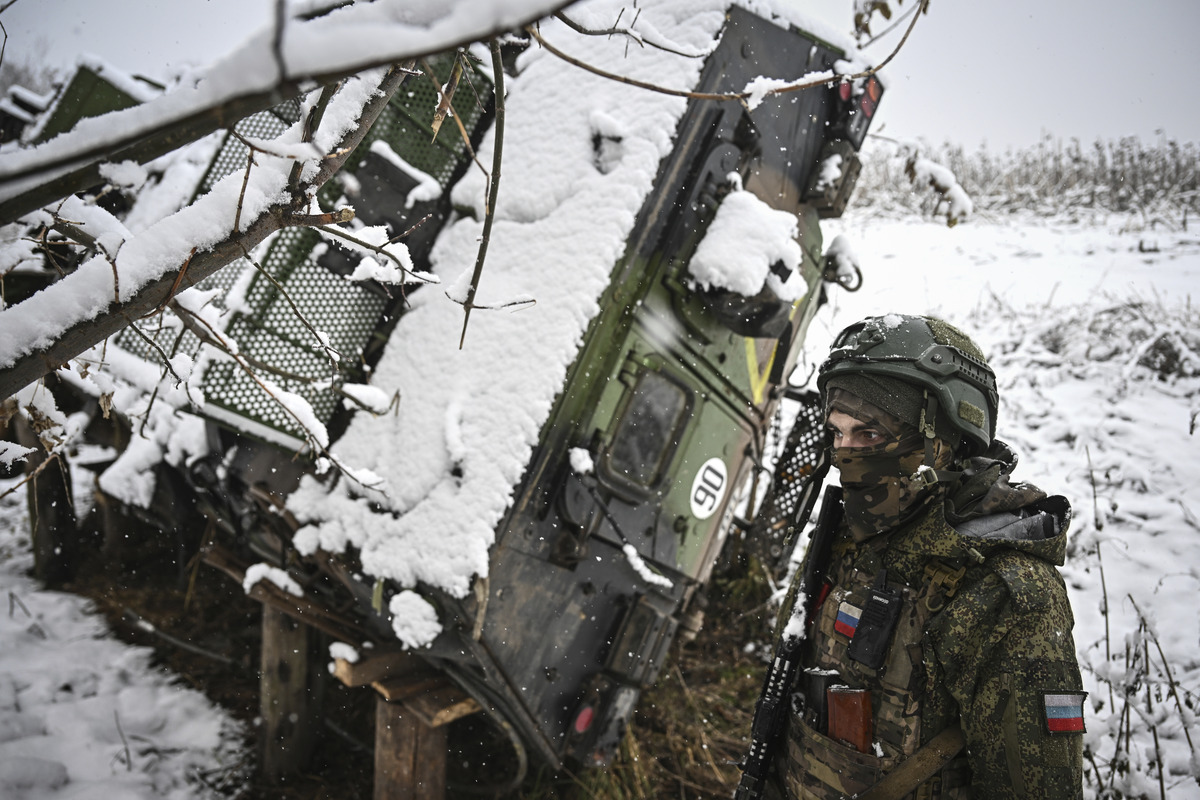

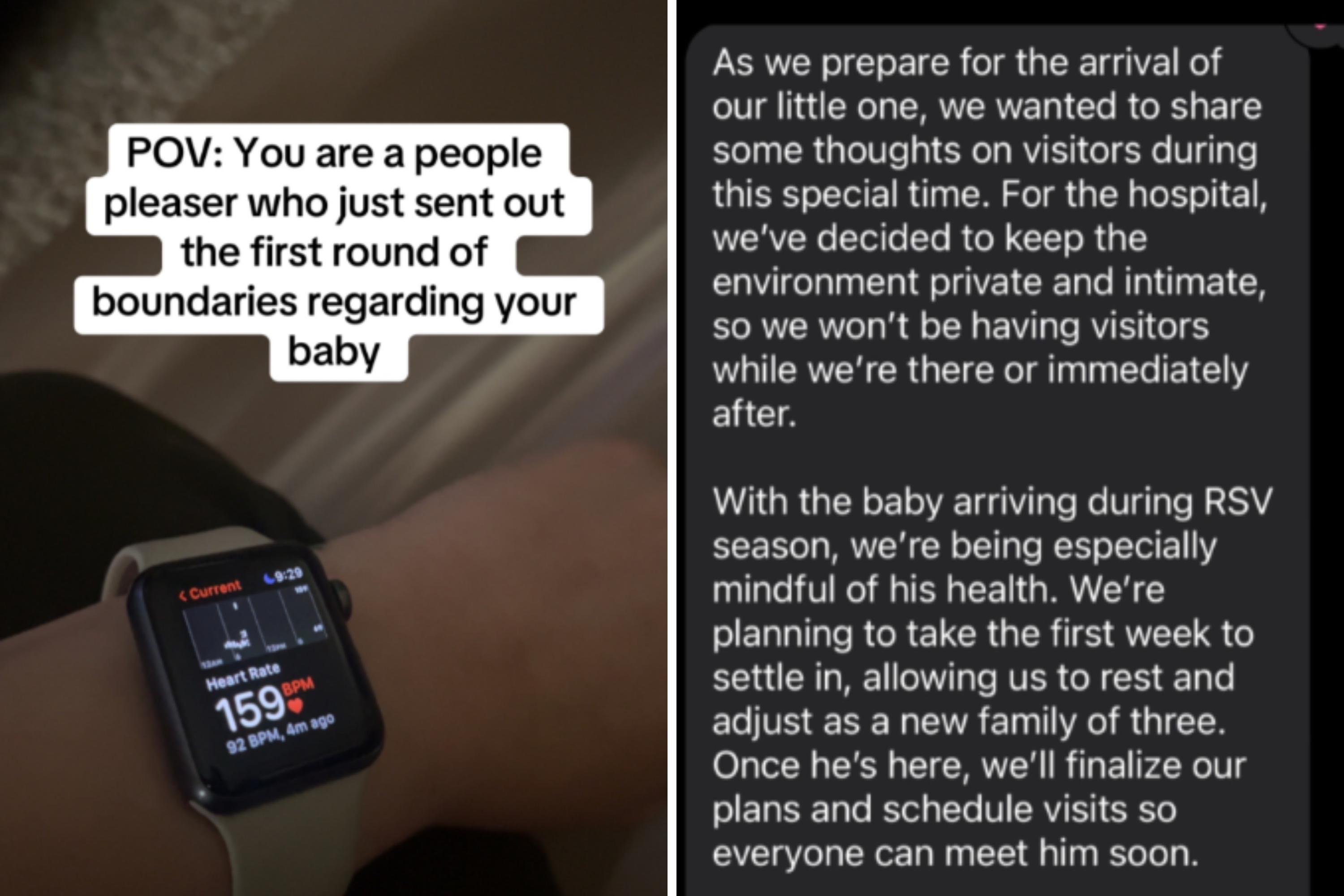
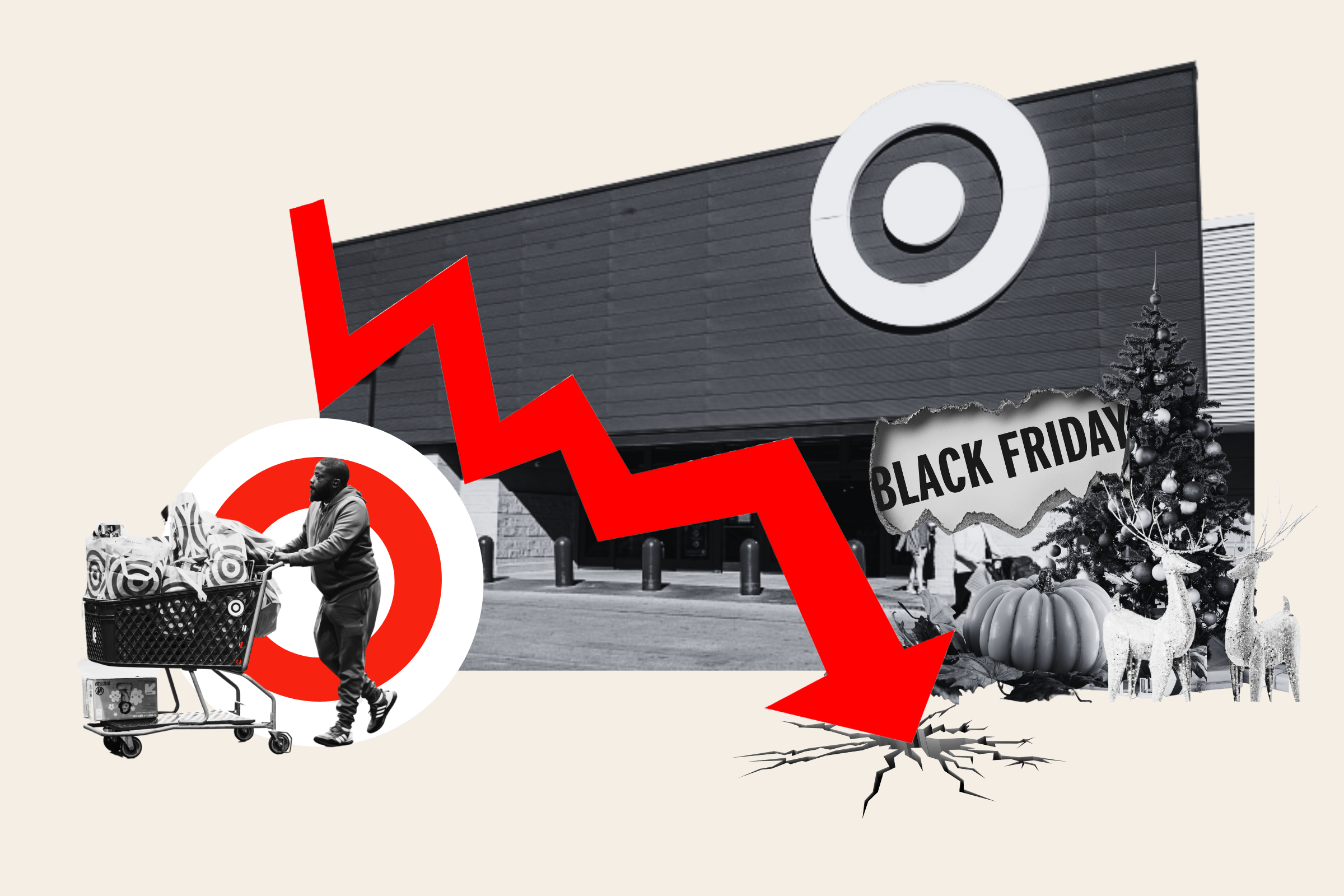
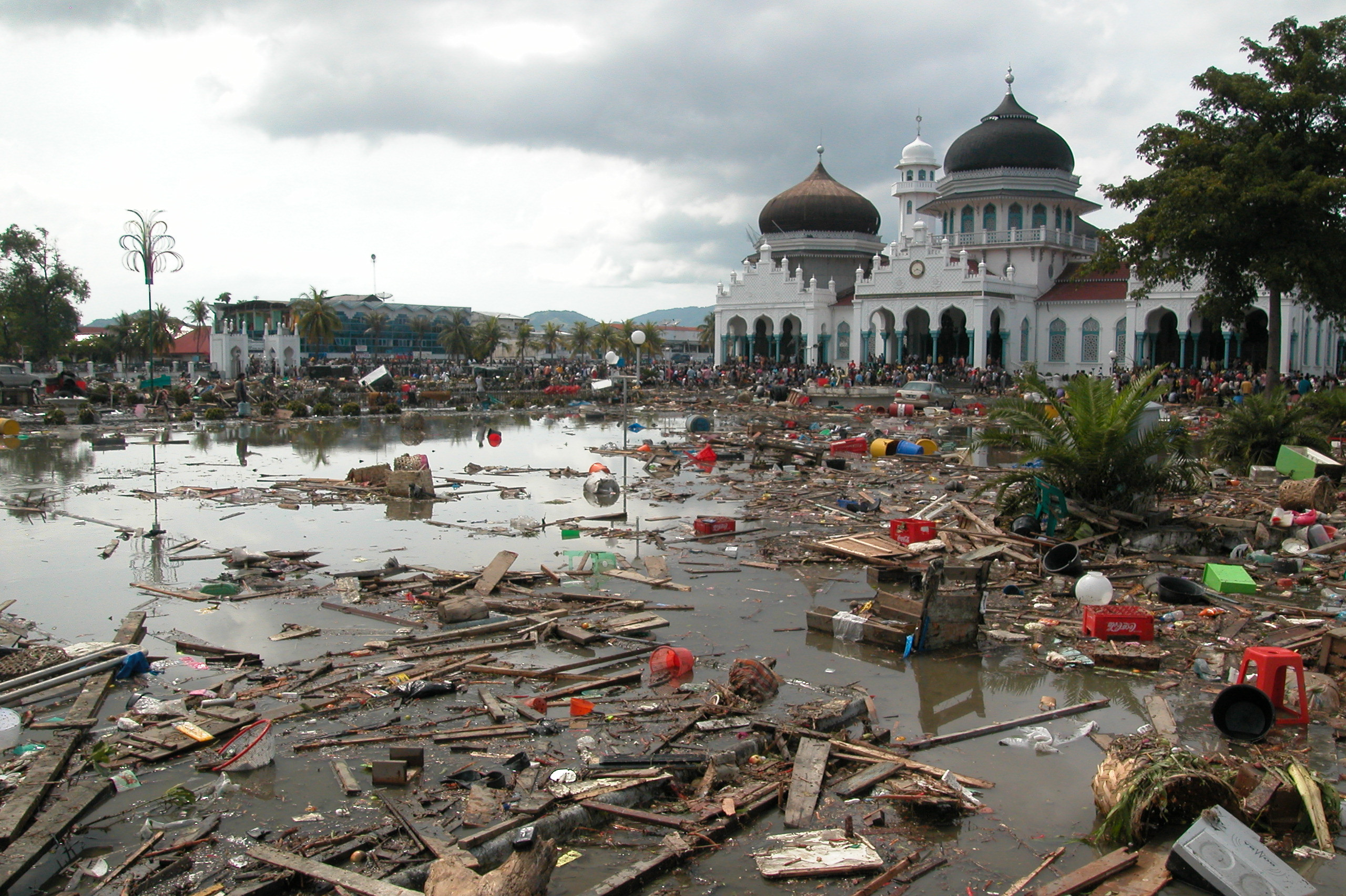







 English (US) ·
English (US) ·